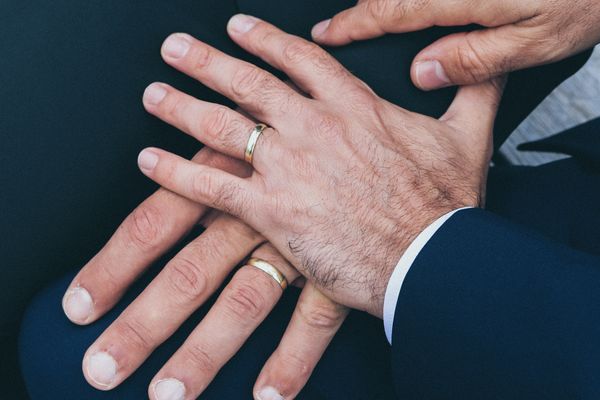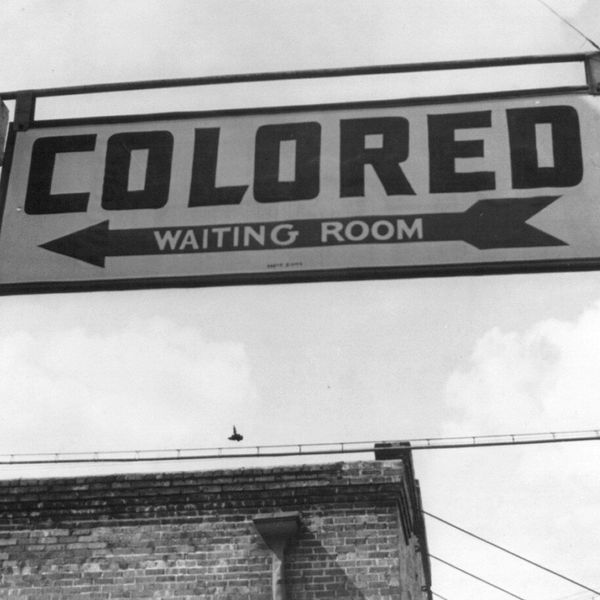The phrase “religious freedom” often reminds me of another popular phrase, “national security.” Sure both sound noble enough, I mean who doesn’t want to have the freedom to practice their religion, or be able to live in a secure nation? But more often that not, both of these phrases are used for less than noble purposes. Two weeks ago, Mississippi Governor Phil Bryant signed House Bill 1523 into law, also known as the “Protecting Freedom of Conscience from Government Discrimination Act.” So what does this newest piece of “religious freedom” legislation mean?
To begin, House Bill 1523 “protects” three “sincerely held religious beliefs or moral convictions”: the belief that marriage is between one man and one woman, the belief that sexual relations should only occur in these kinds of marriages and the belief that someone is stuck with whatever sex they are at birth. And how does House Bill 1523 “protect” these beliefs? By ensuring the government doesn’t take any “discriminatory action” against any businesses, religious organizations, or state employees that deny service against anyone who violates those three “sincerely held religious beliefs or moral convictions.” First off, the irony of the law would be hilarious if it didn’t have such dire consequences. I mean come on, a law that protects discriminating businesses, religious organizations and state employees from being discriminated against?
But before I delve further into the utter ridiculousness of House Bill 1523, I feel I must confess something. While I’ve had the wonderful opportunity to meet many wonderful members of the LGBT community here at Ithaca College, I’ve only recently been able to consider myself an ally. Up until a couple of years ago, I considered same-sex marriage to be an abomination and transgender people to simply be mentally ill. I was one of those self-righteous, homophobic bigots that quoted Leviticus 18:22 and proclaimed “God made Adam and Eve, not Adam and Steve.” Now, that’s not to say everyone who opposes same-sex marriage is as despicable a human being as I was (or still am, who knows). But if I learned anything from my time on that side of the fence, it’s this: being exposed to something that directly contradicts the beliefs you were raised with is absolutely terrifying. While I hardly consider this an excuse, actual religious freedom is about allowing someone to practice their beliefs, regardless of how much you disagree with them. However, it’s a two-way street. Those same people cannot and should not be allowed to force their beliefs onto others who simply tolerate them. And while that may not be what exactly is happening in Mississippi, allowing people to discriminate against those who contradict with their beliefs is just as awful.
There is one part of House Bill 1523 that seems to make at least a little bit of sense, however. Specifically, I am referring to the portion that allows religious organizations to refuse service to those who go against the three beliefs stated. While I am completely opposed to House Bill 1523 and consider it little more than a thinly veiled legalization of discrimination, I maintain that the state should not be able to force a religious organization to compromise its beliefs. Sure, the separation of church and state is eroding, thanks to laws like House Bill 1523, but we must take care not to go overboard in the other direction. If we want the government to crack down on religious organizations that disagree with our choices and lifestyles, we’re little better than those who want the government to crack down on those who contradict with their religious beliefs. That being said, House Bill 1523 is nevertheless a step back for Mississippi and the nation as a whole. But considering Mississippi’s state flag is the only one to still have the stars and bars in it, is this really all that surprising?





















